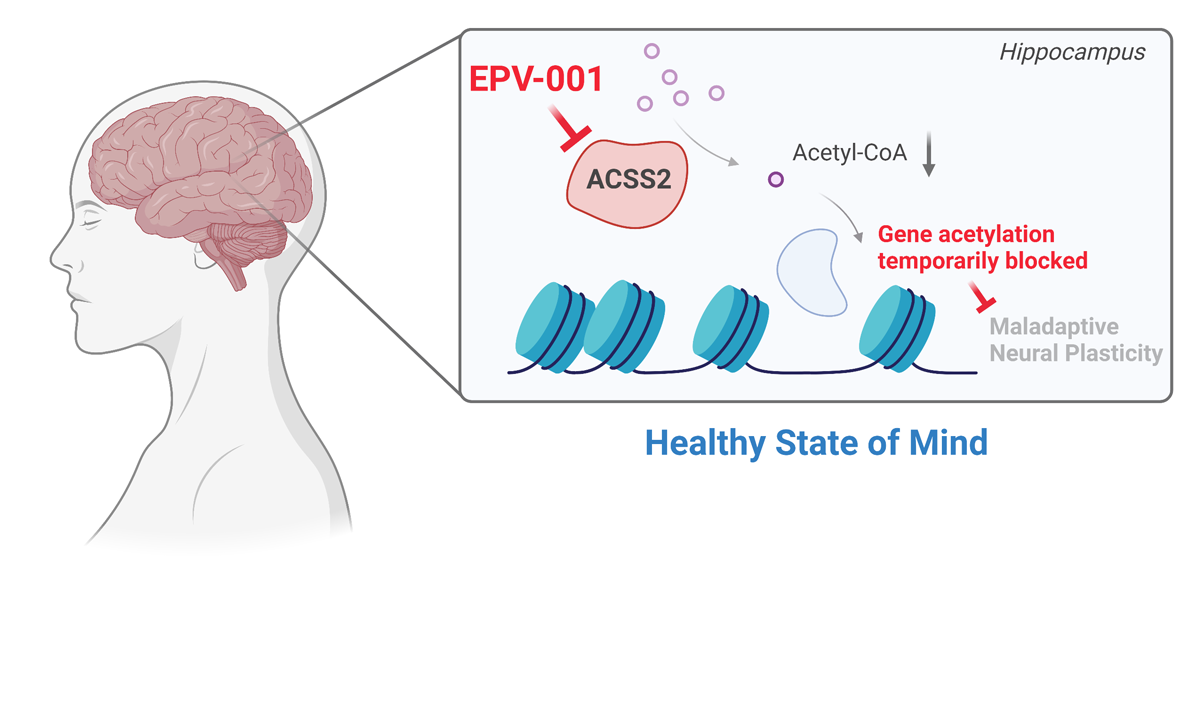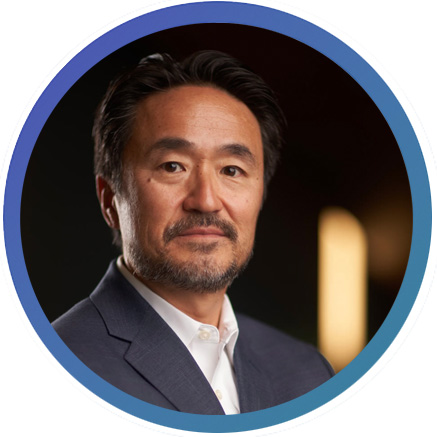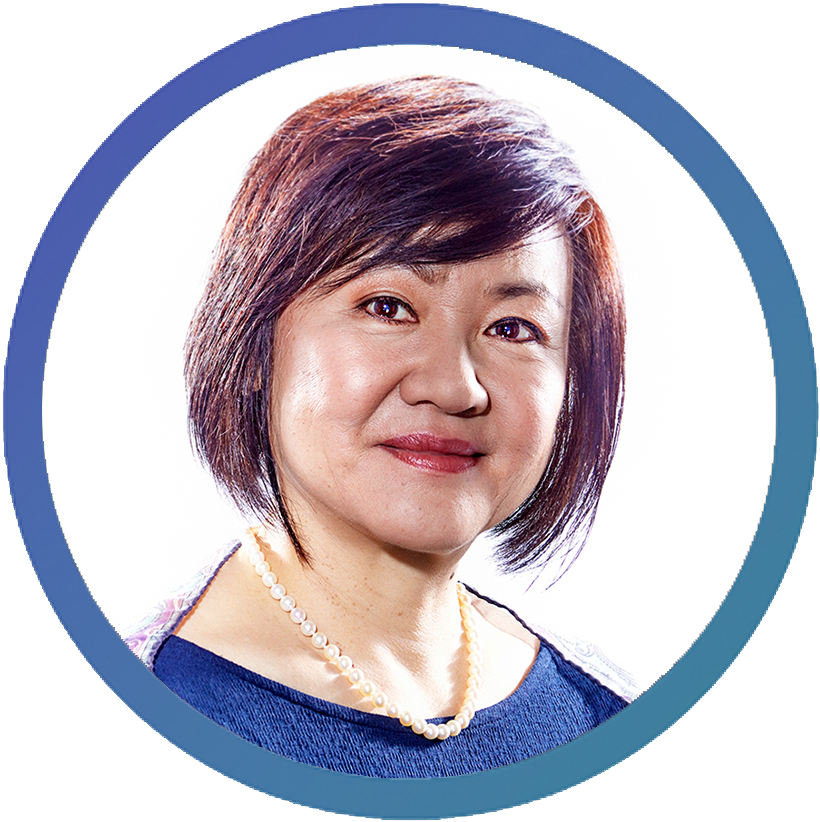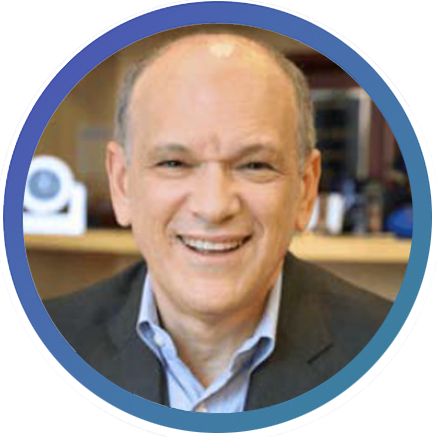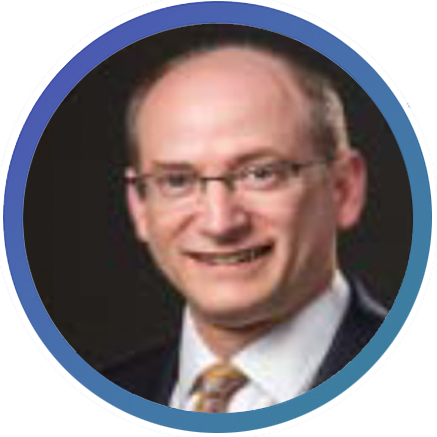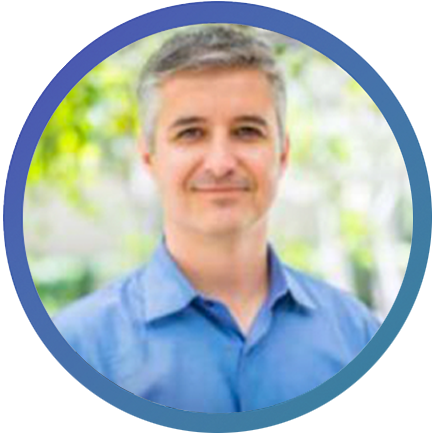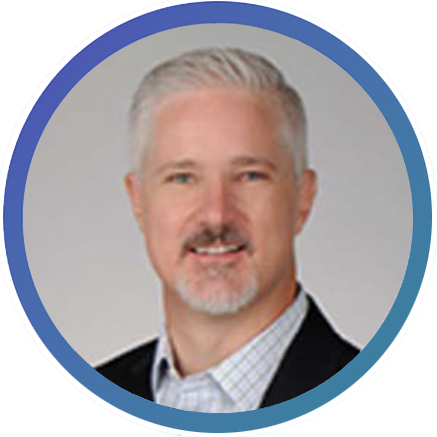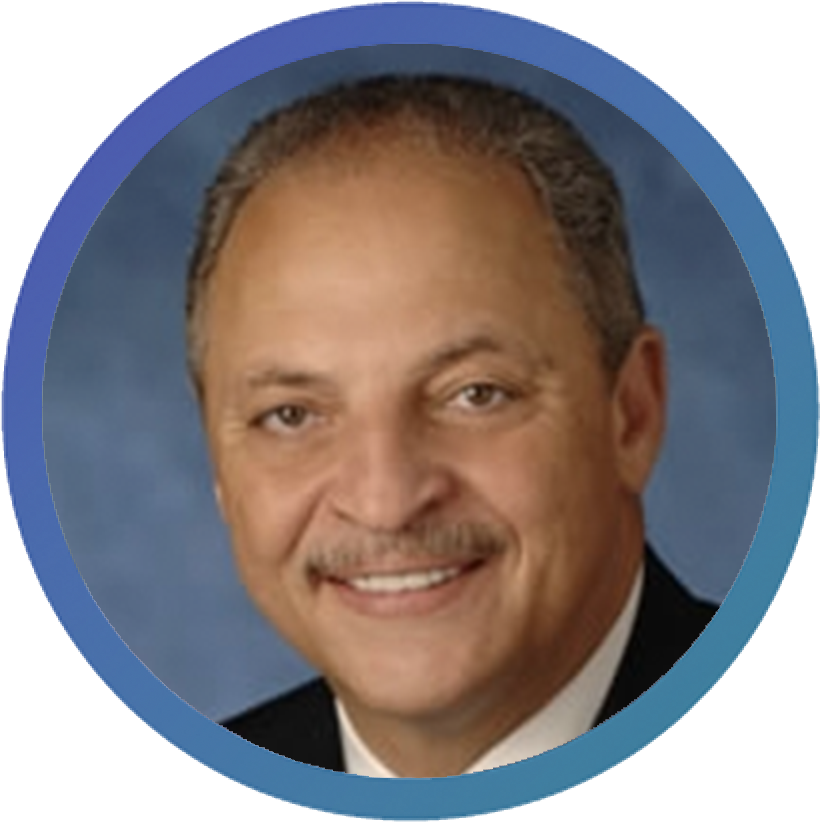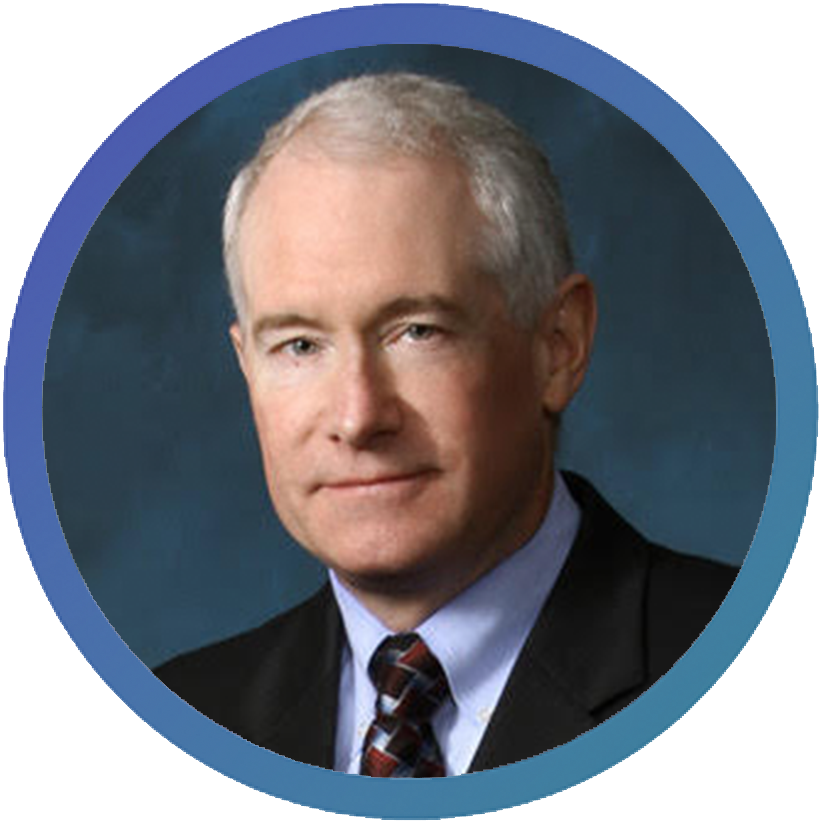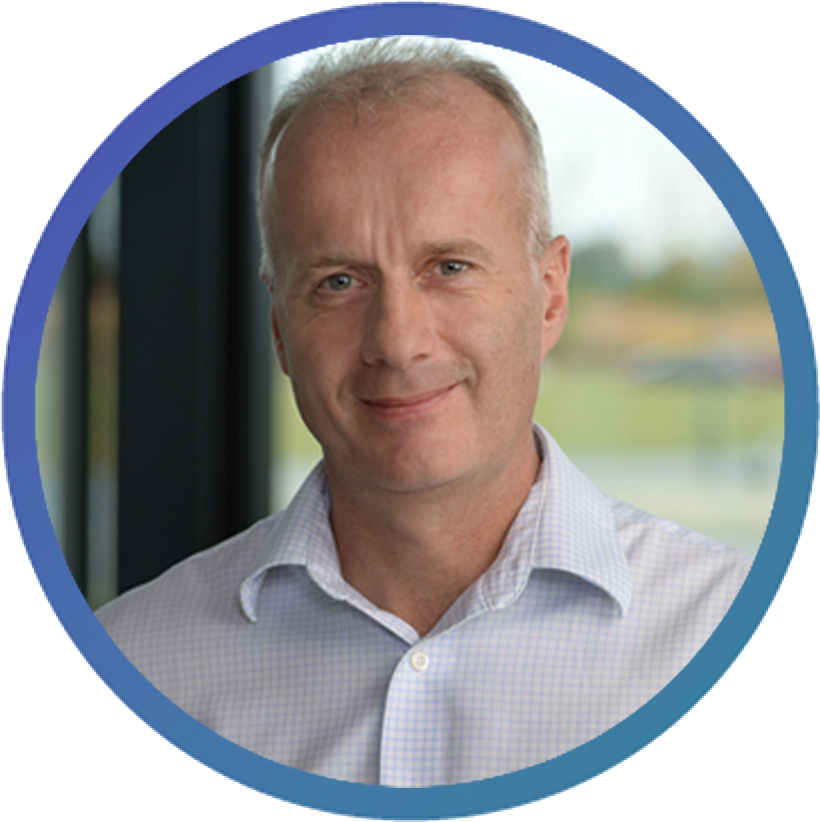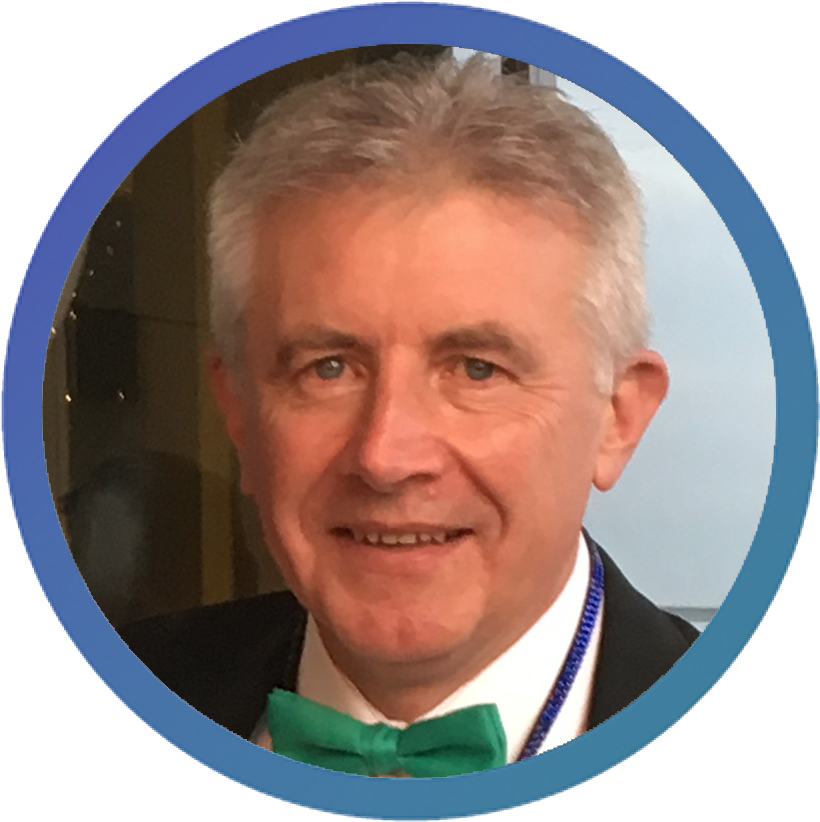October 2024
EpiVario Announces Issuance of Seminal Patents Covering ACSS2 Inhibitors and their Use in Substance Use Disorders Read More
EpiVario is an innovation focused biotechnology company that is developing neuroepigenetic modulators to treat memory related addiction and psychiatric disorders.
Our cofounders, Dr. Shelley Berger and Dr. Philipp Mews are leaders
in the field of neuroepigenetics.
Recently, they published the discovery of a key metabolic enzyme, ACSS2, which functions in the nucleus of neurons to activate genes as memories are established or reconsolidated after recall (Nature, 2017 & 2019, PNAS 2022).
EpiVario Inc. is pioneering epigenetic therapeutics for modern-day treatments of neuropsychiatric disorders. Spun out of the Epigenetics Institute of the University of Pennsylvania, the company develops pharmacotherapeutics that target a newly discovered epigenetic process in long-term memory. By targeting this activity to modulate stress- and drug-related memories, Epivario is creating a novel, highly effective approach to treating PTSD and substance use disorders.

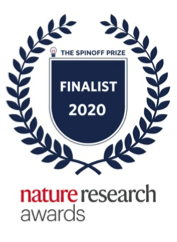

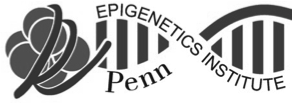
Available treatments lack efficacy because the distress associated with the original trauma memory remains. EpiVario’s treatment focuses on reducing this distress; and, thereby, reducing the burden in overcoming PTSD.
EpiVario is rooted
in its expertise in epigenetics.
Using that rich source of learning, we are revolutionizing therapies for psychiatric disorders that plague a significant portion of the population, including those suffering from:
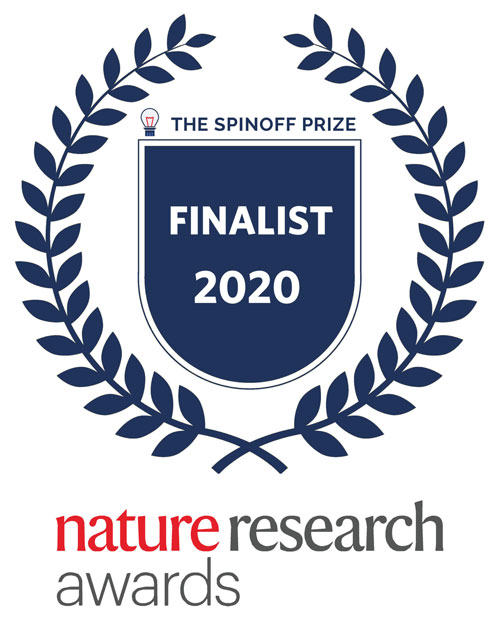
EpiVario Announces Issuance of Seminal Patents Covering ACSS2 Inhibitors and their Use in Substance Use Disorders Read More
EpiVario Announces Appointment of Chris Cashman to the Board of Directors Read More
EpiVario Awarded NIH Grant to Advance Research in Treatments for Cocaine Use Disorder Read More
EpiVario Licenses Portfolio of ACSS2 Inhibitor Compounds to ReEngage Therapeutics for Cancer IndicationsRead More
EpiVario Announces Acquisition of Acetyl CoA Synthetase 2 (ACSS2) Inhibitor Portfolio from Metabomed LTDRead More
EpiVario to Present at BIOTECH SHOWCASE™ 2024 Read More
EpiVario Appoints New Scientific Advisory Board Members and Expands Operations Read More
EpiVario Awarded NIH Grant to Advance Research in Alcohol Use Disorder (AUD) Read More
A handful of Philly biotech companies snagged $240M in investments Read More
Targeting acetyl-CoA metabolism attenuates the formation of fear memories through reduced activity-dependent histone acetylationRead More
Translational Research Describes an Epigenetic Approach for Regulating Fear-Memory Read More
Investor Update Read More
PCI Ventures Spotlight Read More
EpiVario Establishes Scientific Advisory Board Read More
EpiVario Signs Option Agreement with the University of Pennsylvania for a New Epigenetic Marker for Alzheimer’s Disease Read More
EpiVario is a Nature Research Awards Spinoff Prize 2020 Finalist Read More

EpiVario Co-Founders publish in Nature: Alcohol metabolism contributes to brain histone acetylation Read More
New Research Provides First Empirical Evidence of Link Between Alcohol Consumption and the Memory Formation ProcessRead More
The Battle of PTSD featuring Epivario Listen Here
The Need for a New Approach in Treating Psychiatric Disease Listen Here
Penn spinoff advancing new way to treat memory-related disorders Read More
EpiVario Secures Exclusive Worldwide License for Novel Technologies and Drugs for Memory-Related Psychiatric Diseases from University of Pennsylvania Read More

Dr.Philipp Mews, EpiVario Co-Founder
Co-Founders at the University of Pennsylvania discovered new mode of action for memory formation and re-consolidation that underlies the pathogenesis of psychiatric diseases: post-traumatic stress disorder (PTSD) and substance use disorders.
ACSS2 is necessary for the transcriptional induction of key neuronal genes and for the final stage of neuron differentiation. EpiVario is developing a proprietary small molecule inhibitor of ACSS2 to modulate a novel epigenetic process that controls neuronal plasticity and is the key to long-term memory formation.
Studies show that knock out mice develop normally – ACSS2 is not an essential gene.
